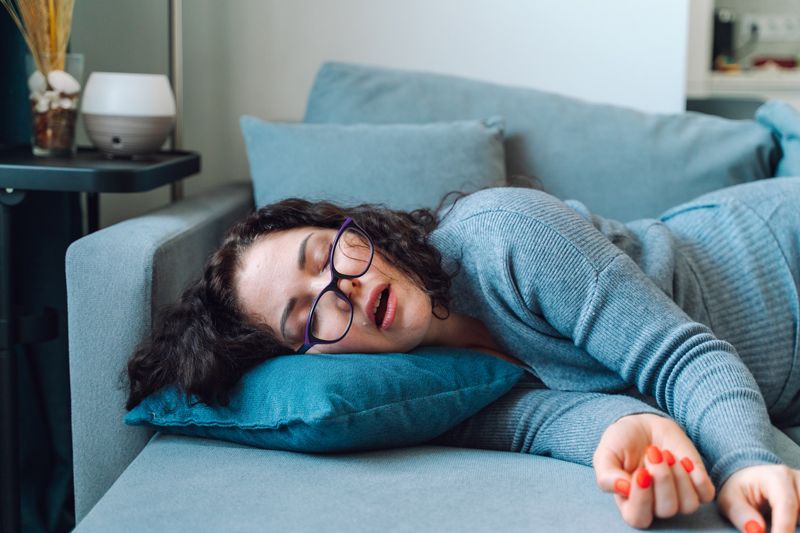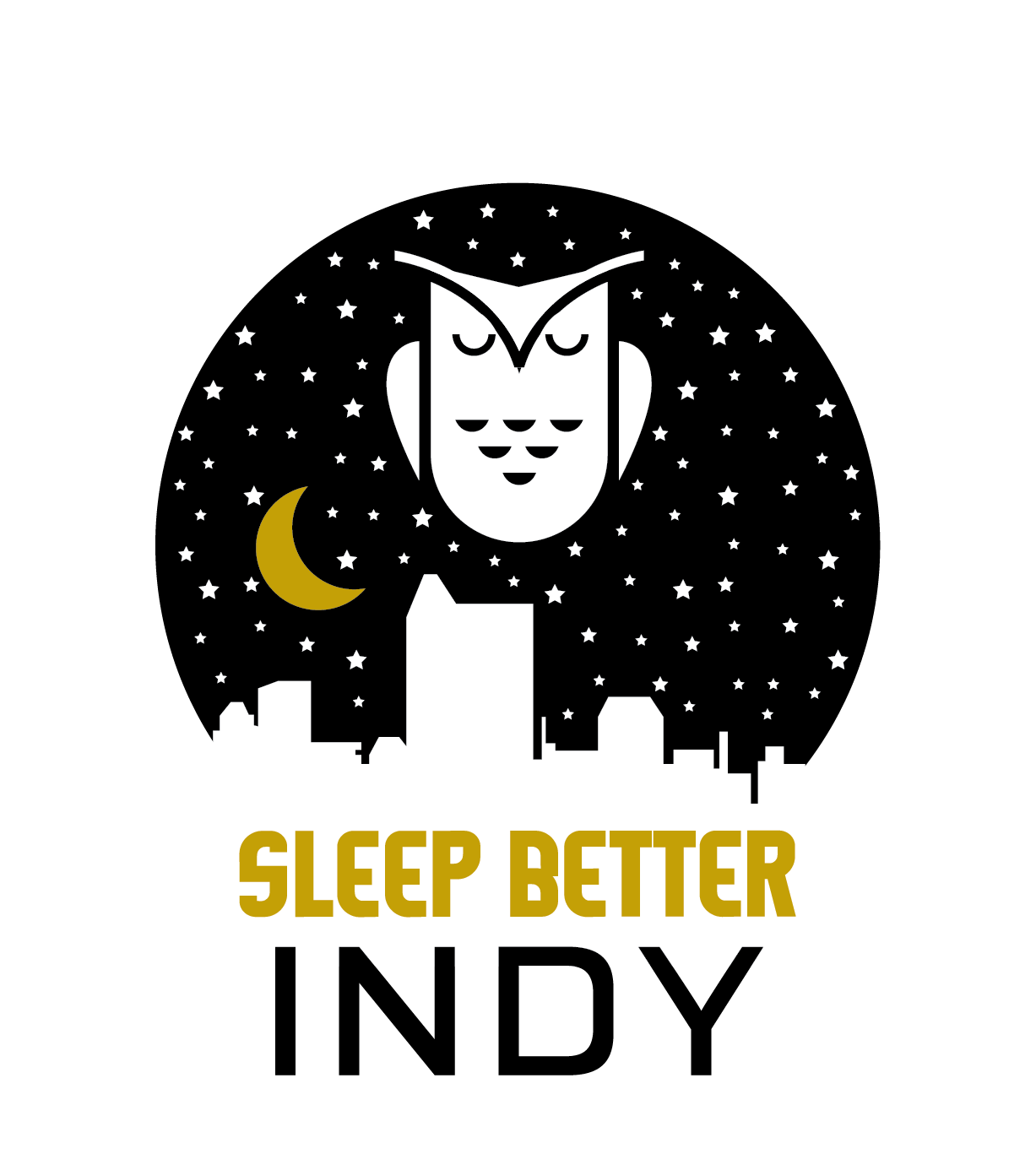Common Questions About Sleep Apnea and Snoring

-
What are your cost and financial options?
Sleep Better Indy offers several payment options for our patients. Our primary goal is to minimize all out-of-pocket costs to the patient, so that cost is not a barrier to getting treatment for your sleep apnea.
- Sleep apnea is a medical condition and treatment using an Oral Appliance may be covered under medical insurance. Coverage varies greatly from plan to plan. Our staff will assist you in finding out your benefits and helping provide you the information you need. As a courtesy, we are happy to file your insurance as an out-of- network provider.
- Sleep Better Indy offers a cash price for patients not using insurance. This represents a significant discount. In many cases the cash price may be more beneficial than using your insurance. We will work with you to establish a payment plan that works for you.
- Financing options are also available with Care Credit and Lending Club. Deferred interest is available for either 6 or 12 months depending on the program you select. Applications for both are available in our office.
- We will present your financial obligation and options at the time of your complimentary consultation to find out if an oral appliance is right for you.
If you are ready to experience the positive effects of treating your sleep apnea and/or snoring through the use of an oral appliance, and to increase your well-being, call our office today at 317-552-2813 and learn about the options available to you.
-
What is sleep apnea?
Sleep apnea is a sleep disorder that affects tens of millions of Americans. People who have sleep apnea can stop breathing hundreds of times each night. This can increase your risk of everything from
- high blood pressure
- heart attacks
- being in car accidents
The most common form of this disorder is obstructibe sleep apnea, which your dentist can help you treat.
-
Why is sleep apnea bad?
Sleep apnea is bad because it's a serios condition that interrupts critical airflow while sleeping. It can leave you feeling lethargic during the day and interfere with your work productivity and personal life.
In addition, sleep apnea has also been linked to several serious health conditions like:
- high blood pressure
- heart attacks
- strokes
- diabetes
- depression
- and more
-
What are the symptoms of sleep apnea?
Some common symptoms of sleep apnea include
- Morning headaches
- Daytime fatigue
- Loud snoring
- Loud gasping or wheezing while asleep
-
How do you treat sleep apnea?
There are many ways you can treat sleep apnea. Some methods involve CPAP machines and other equipment. It's also recommended to commit to lifestyle changes like drinking less alcohol.
If you receive a sleep apnea diagnosis, our practice takes impressions and has a custom-fit sleep apnea appliance made for you to wear while sleeping. It gently moves your lower jaw forward to help keep your airway open. It can even reduce snoring.
You'll sleep better, feel better, and improve your overall health.
-
What causes sleep apnea?
Sleep apnea is caused when the muscles in your throat relax too much during sleep. This causes your airway to collapse, and that blocks airflow.
-
What can happen if you don't treat sleep apnea?
Sleep apnea can be dangerous if left untreated. It can lead to an increased risk of
- High blood pressure
- Heart attack
- Stroke
- Depression
- Other negative health consequences
-
What causes snoring?
Snoring can be caused by many factors, such as:
- Sleep position
- Sleep deprivation
- Blocked airways
-
If I snore, do I have sleep apnea?
While snoring often accompanies sleep apnea, it's not a guaranteed indicator. Oftentimes treatment for sleep apnea also reduces snoring.
-
How do you treat snoring?
Some simple ways to treat or prevent snoring would be
- Avoiding alcohol
- Sleeping on your side
- Removing tobacco or other drugs
Are You Concerned About Your Sleep Health?
CONTACT INFORMATION
Phone: 317-552-2813
Address:
8870 Zionsville Road, Suite 200, Indianapolis, IN 46268
Email: tsinise@sleepbetterindy.com
HOURS OF OPERATION
- Mon - Thu
- -
- Friday
- -
- Sat - Sun
- Closed







LOCATION
